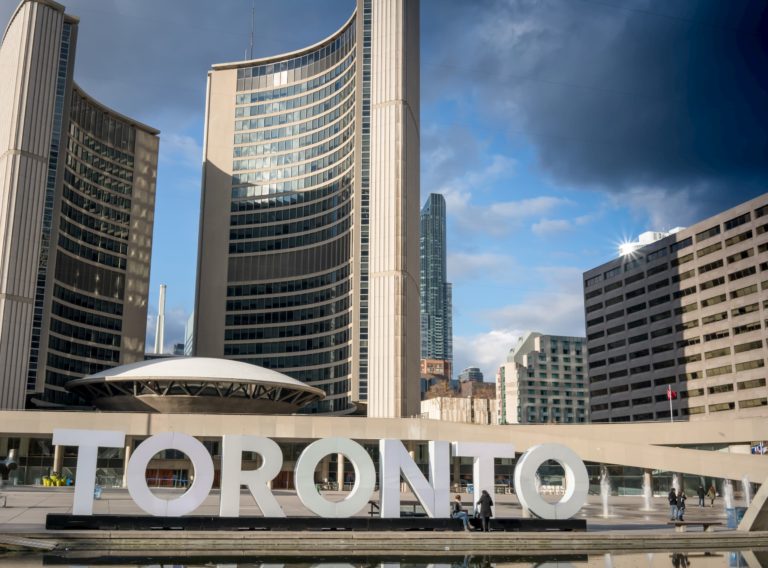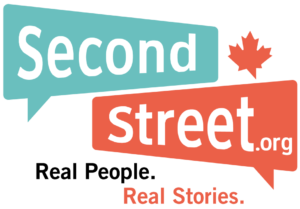Column
Report
SUN NEWS COLUMN: How city halls might end up delaying economic recovery

Coming out of the COVID-19 pandemic, it will be important to pay attention to city hall and how it responds to the recession – municipalities are uniquely positioned to hurt or help our nation’s economic recovery.
Taxpayers should also be aware that despite what some city councillors and mayors insist, cities have more financial flexibility than they let on.
Note that the vast majority of provincial and federal government revenues come from income taxes and sales taxes. Your tax bill for both of those types of taxes drops off significantly when you’re laid off or not earning as much money.
At city hall, however, it’s the opposite. City hall is heavily dependent on property taxes and those tax bills will still be there regardless of what happens with your income, or what shape a business is in.
In that respect, city halls across the country could significantly hurt or help our nation’s recovery. If they raise taxes on businesses and families, they could push both into bankruptcy, compounding the problems our communities already face. In some cases, cities will need to reduce taxes to help households and businesses stay afloat.
At this point it’s hard to say where each city’s finances will end up. Given we’re in a truly unique emergency situation, there may be some legitimate cases for cities to receive financial support from other levels of government. But what is clear is that cities have options to ease the burden on you, your neighbours and local businesses.
First, they could prioritize spending. Now is the time to focus on core services, such as policing, fixing roads and our water and sewer systems – the services we can’t live without. Public art, grants for special interest groups and money for nice-to-have capital projects could be placed on the backburner.
For example, the City of Calgary is raising taxes by nearly 8% this year while sitting on millions in a reserve fund for public art. The latter could be used to help prevent tax increases on struggling families and businesses.
Second, labour costs represent the largest spending area of most municipal governments, but politicians are typically reluctant to make difficult choices to reduce these costs. In the interests of fairness, there’s no reason why city employees couldn’t feel the pinch just like those working outside of government.
In fact, politicians could lead by example. Winnipeg’s city council pension plan cost taxpayers $4.4 million between 2009-2018 while council members only contributed $0.9 million. Perhaps this plan could use a trim?
A third initiative would be for municipalities to innovate in order to deliver services more cost effectively. No doubt some white-collar city employees have demonstrated during the pandemic that they can do their jobs remotely. Cities could explore making such changes permanent to reduce their office space costs. Cities in the U.S. have had success with providing bonuses for employees who provide ideas that lead to cost savings. Perhaps a Canadian city might follow suit?
Certainly, there are other initiatives municipalities could pursue to help our nation recover. If your city chooses to instead raise taxes, keep your seatbelt fastened and prepare for a longer, more difficult road to recovery.
Colin Craig is the President of SecondStreet.org, a new Canadian think tank.
This column originally was published in April 16 edition of the Winnipeg Sun and Toronto Sun.
Other Canadians Share Similar Experiences:
Don and Jackie, Winnipeg
Jerry and Becky, Calgary
Troy and Erika, Victoria
Jim Jones, Toronto
You can help us continue to research and tell stories about this issue by making a donation
or sharing this content with your friends. Be sure to sign up for our updates too!


